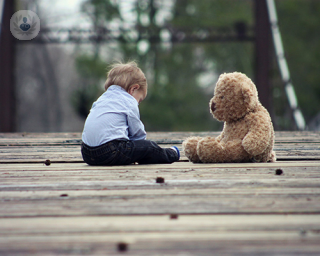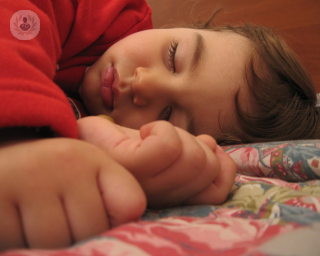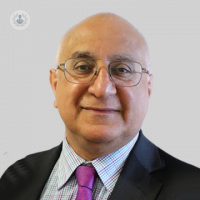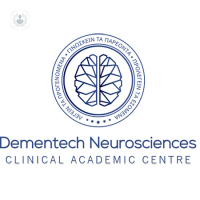Developmental delay
Dr Melita Irving - Clinical genetics
Created on: 07-12-2016
Updated on: 04-25-2023
Edited by: Aoife Maguire
What is developmental delay?
Developmental delay is when your child doesn't reach expected developmental milestones at the times expected. It can be an ongoing major or minor delay in the process of development. If your child is temporarily lagging behind, this would not be developmental delay. Delay can occur in one or more areas—for example, language, social, fine motor or thinking skills.

Children reach developmental milestones at different paces. Minor, temporary delays are usually not alarming. However, an ongoing delay in development can cause problems.
How is developmental delay diagnosed?
Developmental Delay is most often diagnosed by a doctor based on strict guidelines. Usually, the parent is the first to notice that their child is not developing at the same rate as other children their age.
Paediatricians might pick up a delay during an office visit. It will probably take numerous visits and possibly a referral to a developmental specialist to be sure that the delay isn't just a temporary lag. The child's doctor use a set of screening tools.
What are the signs of developmental delay?
Various signs and symptoms of delay can exist in children and they may vary depending upon specific characteristics. Sometimes signs appear in infancy. However, in other cases they may not be noticeable until your child reaches school age.
Some of the most common symptoms of developmental delay can include:
- Developing more slowly than other children the same age.
- Crawling, or walking much later than developmentally expected.
- Difficulty socialising or communicating with others
- Lower than average scores on IQ tests.
- Difficulties talking or talking later.
- Having problems remembering things.
- Inability to connect actions with consequence.
- Difficulty with problem-solving.
- Difficulty with logical thinking.
- Trouble learning in school.
- Inability to do everyday tasks.
What causes developmental delay?
Developmental delay may be caused by genetic conditions (like Down's syndrome), or complications of pregnancy and birth (like prematurity or infections).
Some causes can be easily reversed if identified early, such as hearing loss from lead poisoning or chronic ear infections. However, specific causes are often unknown.
Factors that may contribute to developmental delay can occur before a child is born, during the birth process, and after birth.
Causes can include:
- Genetic or hereditary conditions like Down's syndrome
- Metabolic disorders like phenylketonuria (PKU)
- Trauma to the brain
- Deprivation of food or environment
- Severe psychosocial trauma
- Exposure to certain toxic substances
- Some very serious infections
What treatment is available for developmental delay?
There's no "cure" for developmental delay, therapies directed to specific areas of delay however, are very effective in helping children catch up. The sooner a delayed child gets intervention, the better their progress will be. Lifestyle changes may also help.
Types of therapies may include:
- Physical Therapy.
- Occupational Therapy - This can addresses sensory processing, fine motor skills, and self-help issues.
- Language and speech therapy.
- Early Childhood Special Education.
- Behavioral therapy
Which specialist can treat developmental delay?
it's important to speak to a paediatrician if you suspect your child has developmental delay.
Developmental delay can indicate an underlying condition that only doctors can diagnose. Early intervention will help your child’s progress and development into adulthood.












